Credit card fraud is the unauthorized use of a credit or debit card to fraudulently obtain money or property. Credit and debit card numbers are usually stolen from unsecured websites or through an identity theft scheme. If you are a victim, it can wreak havoc on your personal finances and credit score. You can’t always prevent it from happening, but there are ways to make it more difficult for a thief to get hold of your cards and card numbers.
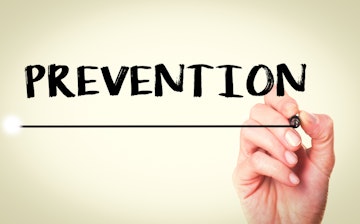
Roobcio/shutterstock.com
What Is Credit Card Fraud?
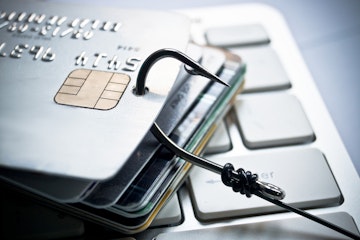
wk1003mike/shutterstock.com
There are 3 main ways that thieves can use your credit card or credit account to make a purchase that you did not authorize.
First, thieves have your actual physical credit card. With this card, they can make purchases either in person or online.
Second, thieves steal your credit card account number, PIN, and security code to make these unauthorized purchases. This is known as card-not-present fraud.
The third and final way is the most dangerous and serious form of credit card fraud. Essentially, the thieves have stolen your identity and use illegally obtained information about you, such as your name, birthday, personal identification number, credit card numbers, to use existing credit accounts or open new ones in your name.
These criminals have access to the spending power of your credit. Likely, you don’t even know that you have an outstanding bill until the debt is insurmountable and has already destroyed your credit score.
Tip 1: Protect Your Physical Credit Card
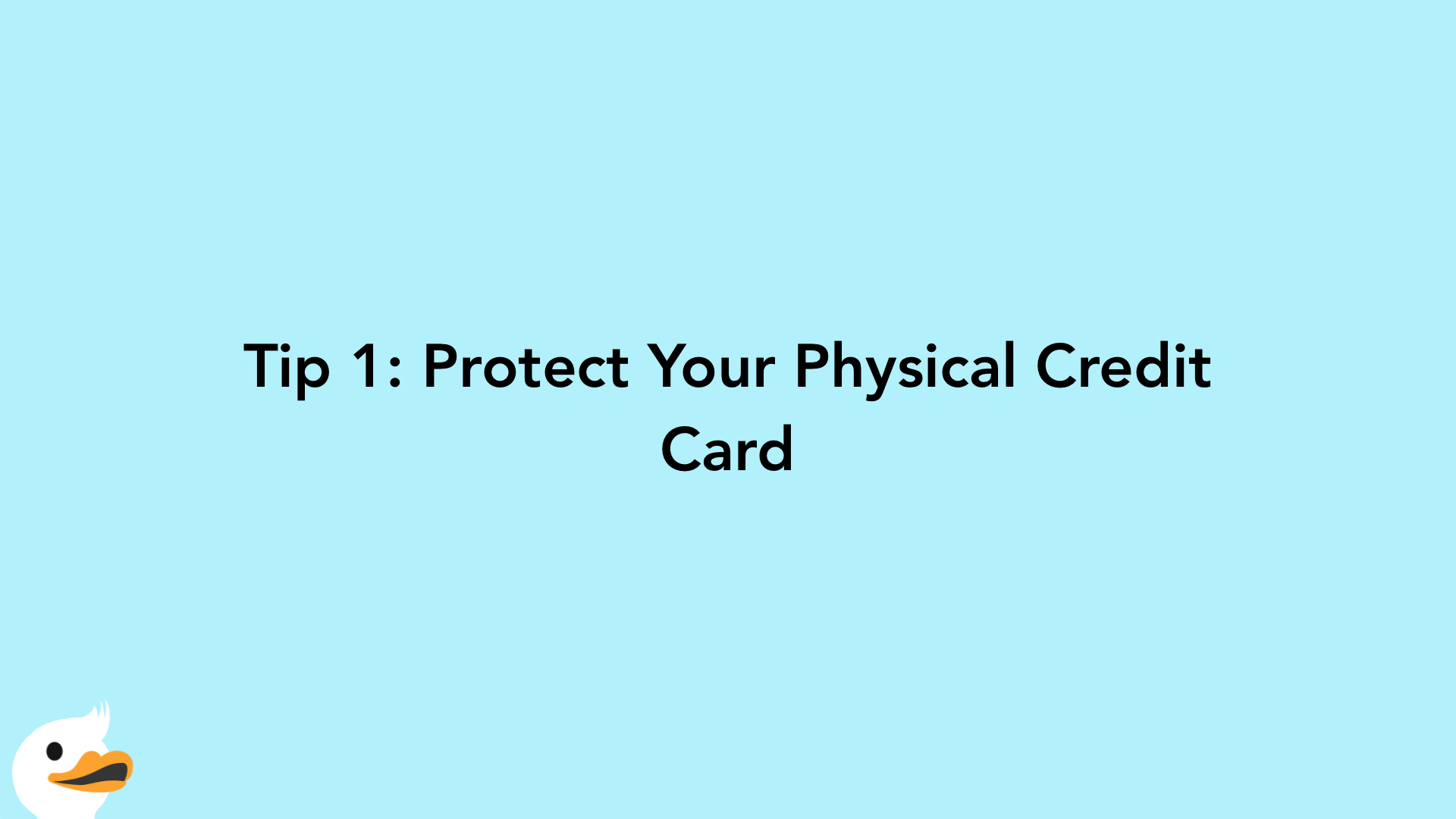
This tip seems almost too obvious, but it is the first line of defense. Never leave your credit card unmonitored or in someone else’s possession. If someone gets access to your credit card number, expiration date, and 3 or 4 digit security code, he has enough information to make transactions on your card.
A more sophisticated method is to use a scanner, which is a device that copies the digital details of your card. This method is known as “skimming” and only takes a few seconds to completely copy your card. Never allow anyone to take your card where you cannot see it, including waiters, cashiers, room service delivery, bartenders, etc. If you always keep sight of your card, this will minimize the opportunity for thieves to write down your information, take a photo of your card or swipe your card through a scanner.
Though less common these days because of ATM security locks, be careful of “skimmers” or “scanners” that are placed on top of ATM card readers or even at the petrol station. If anything looks off about the card reader, do not swipe your card. Notify the appropriate business and use another machine. Many times, these skimmers can efficiently capture thousands of credit card details before being found.
Tip 2: Never Give Out Your Credit Card Information
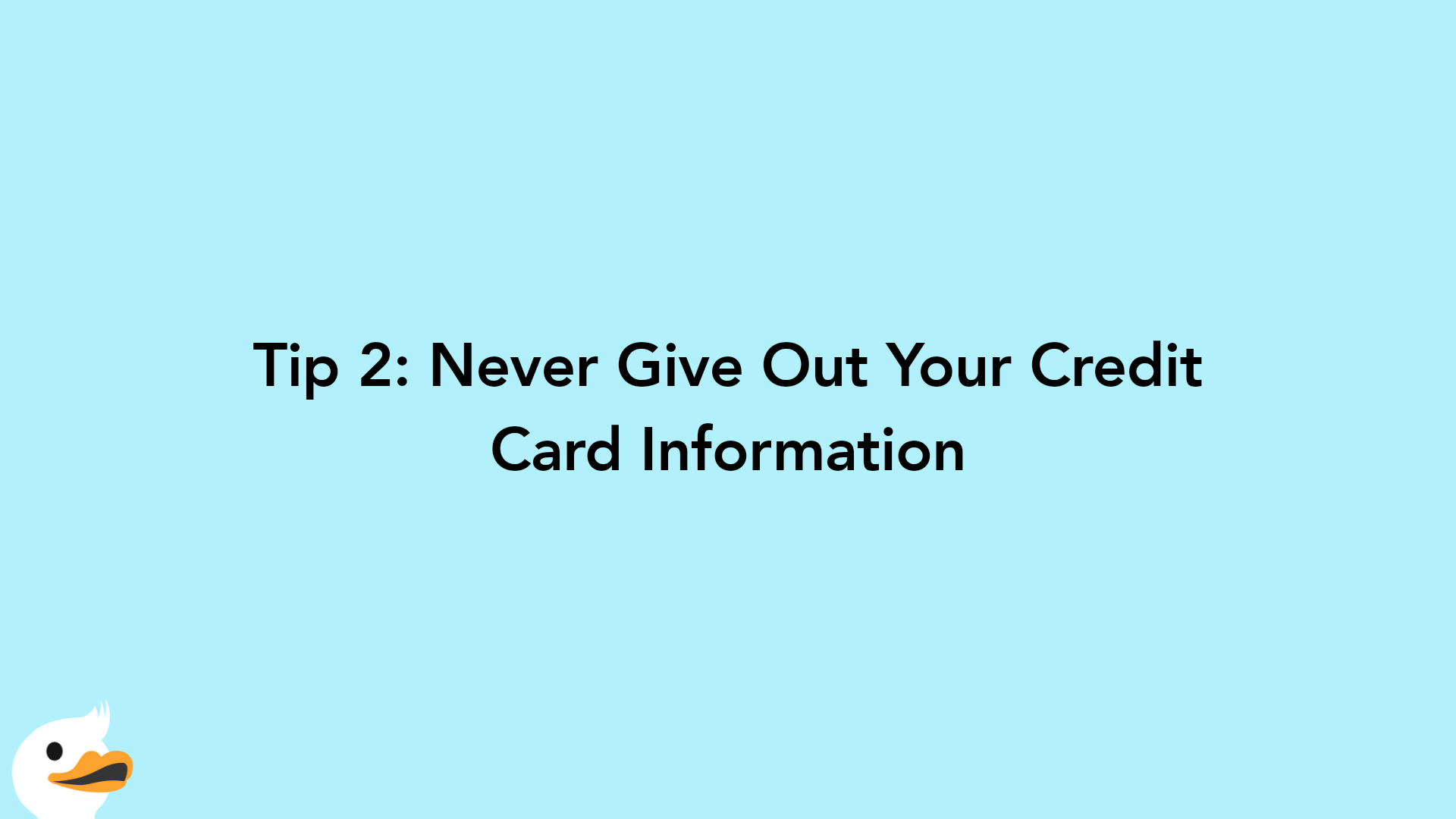
You should always be suspicious of calls, texts, or emails from supposed merchants or banks. This is like a phishing scam that is intended to lure you into providing sensitive information. Even if you receive a call that cites some of your personal information to establish credibility, you should never give out any information on your end.
Criminals have stolen letters from mailboxes and gained access to some of your data. The phone call you receive is to complete their information.
Therefore, only give out your credit card numbers on calls you initiate. Always verify the phone number you are calling. Never call the number that someone leaves you, as they may only be posing as a legitimate institution.
Tip 3: Properly Dispose of Documents and Credit Cards
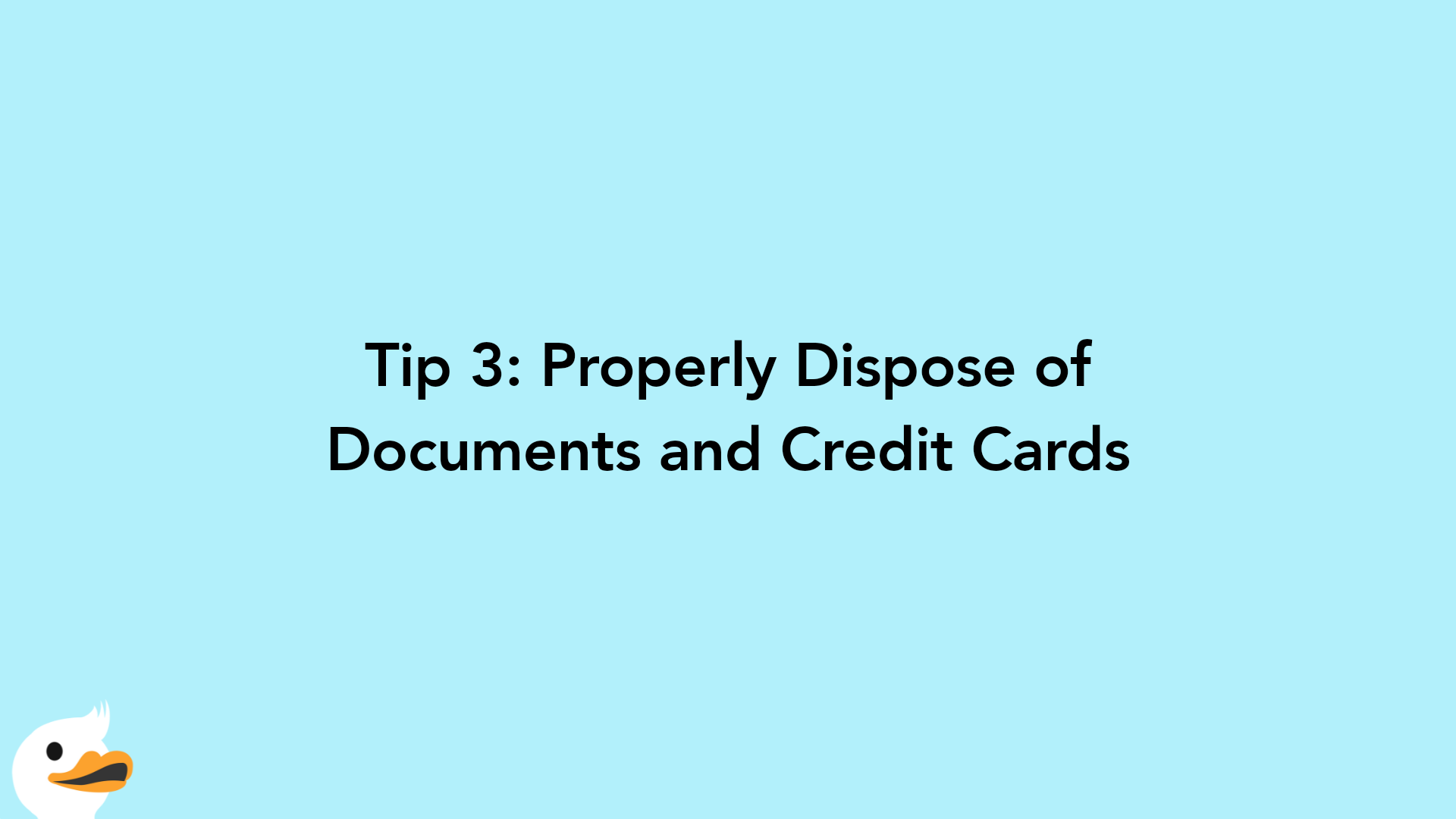
When it comes time to renew your credit cards, never throw all the bits of the same credit card into the same bin. These are easy to reconstruct if a thief gets access to your trash. If possible, shred your credit card as well as the billing statements. These papers often have your full credit card number.
Tip 4: Be Responsible When Shopping Online
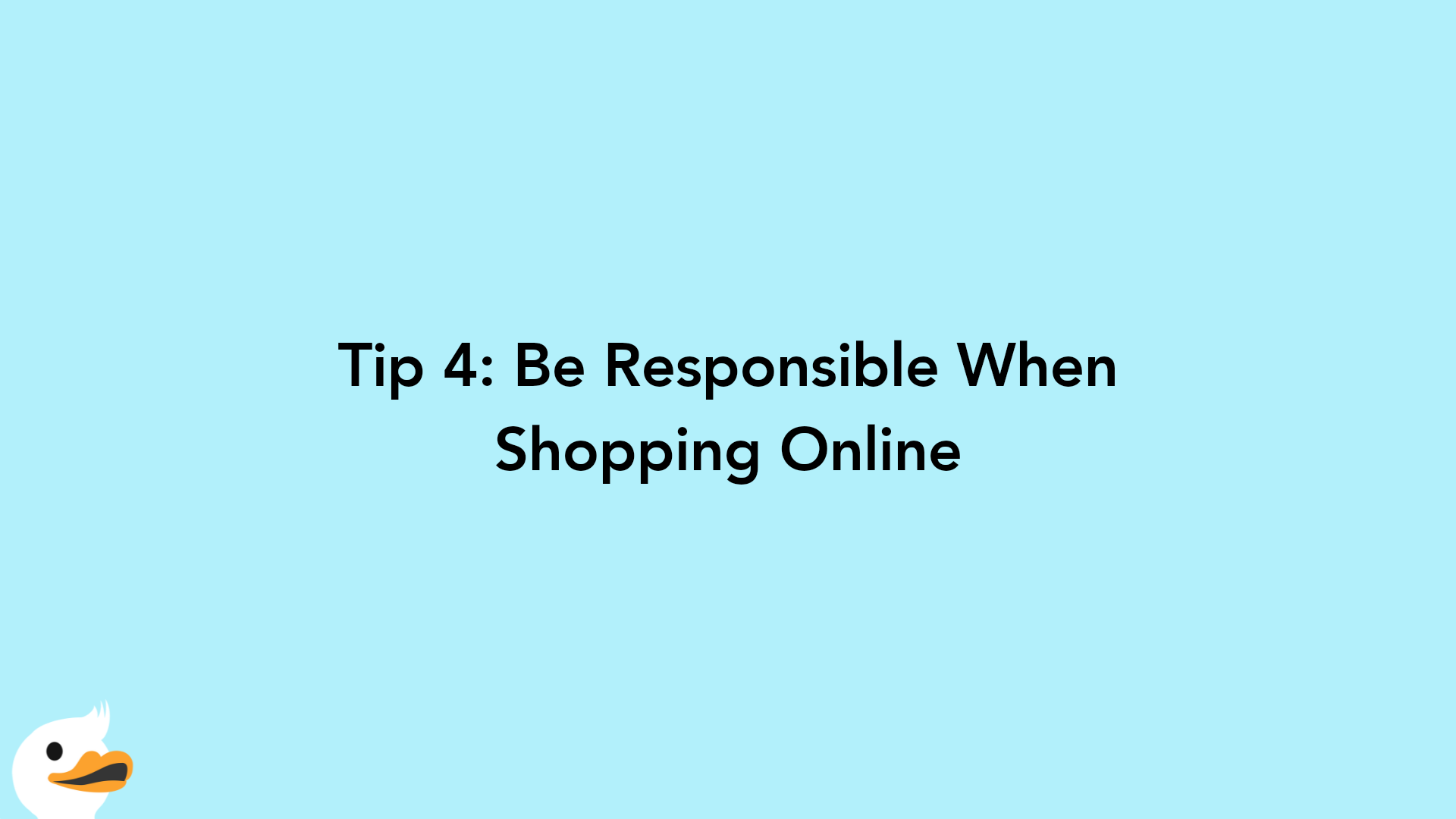
One common situation to use your credit card is to shop online. When you shop online, only go to websites that you trust. Fake websites are designed to look real so that you input your personal information. Always opt for websites that have an encryption system to scramble your information. This means that the URL has an extra “s” and sometimes an image of a lock. For example https:// is a secured site and usually means it is safe to input your financial data.
When you make an account on a website, make sure you use strong passwords. A strong password is a mix of numbers and letters, both uppercase and lowercase characters and at least one special symbol like @ or !. Always make your password unique. This will protect your credit card details that may be saved in your account, which makes it convenient for one-click purchases. Don’t use the same password for multiple accounts. In fact, you may also want to avoid saving your card details completely. This way, if a thief hacks a certain website, through no fault of your own, he won’t be able to access all your accounts.
Tip 5: Set up Transaction Alerts
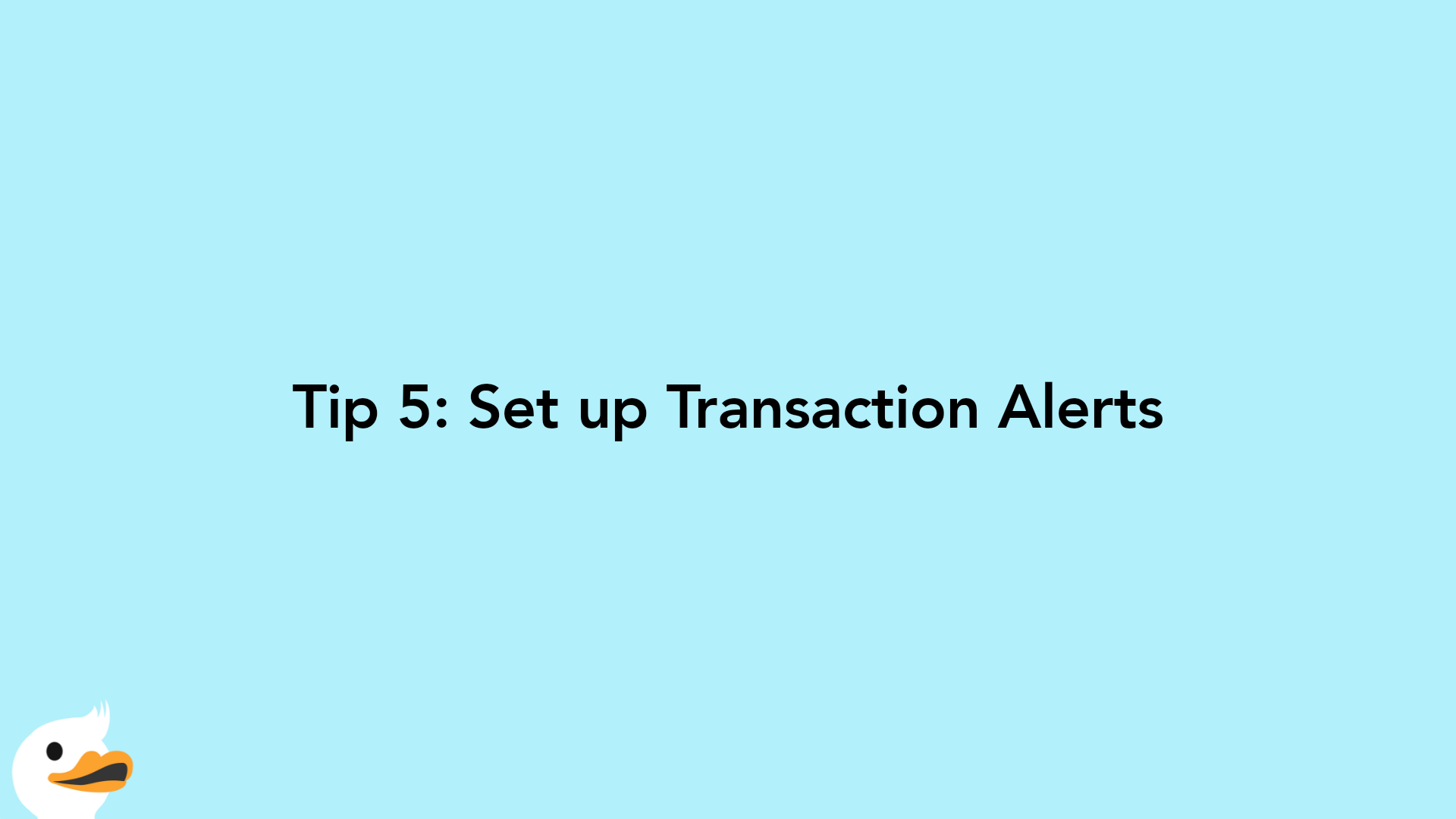
If possible, always ensure that the alert function is turned on for your credit card. This means that you’ll get an SMS or an APP notification whenever a transaction is made on the card. This will give you almost instantaneous updates. If you get an alert that you suspect is fraudulent, call your bank immediately and have them suspend it. This feature is particularly useful for parents that may allow their children to play on their electronic devices. You will be notified of any in-app purchases or new transactions that may have been authorized without your consent.
Tip 6: Check Your Credit Card Receipt And Your Billing Statement
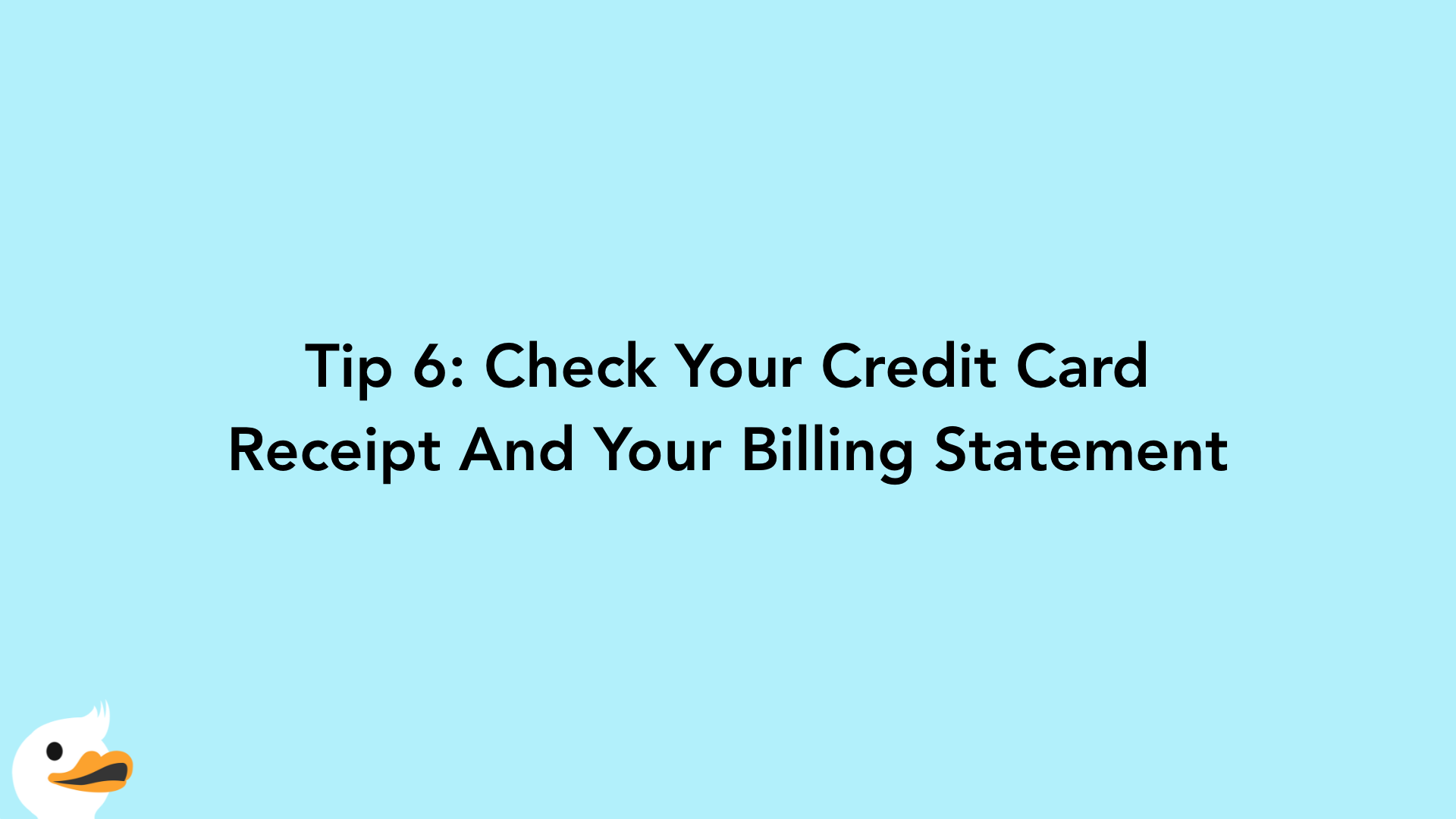
The first thing you should always check is that you are being charged the agreed upon amount before you sign your name. Never sign a blank receipt. A good rule of thumb is to draw a line through any blank spaces above the total. Furthermore, keep your receipts and check them against your billing statement. This will ensure that you have been accurately charged after you have left the establishment.
Tip 7: Avoid Shopping in Public or Using Public Wifi
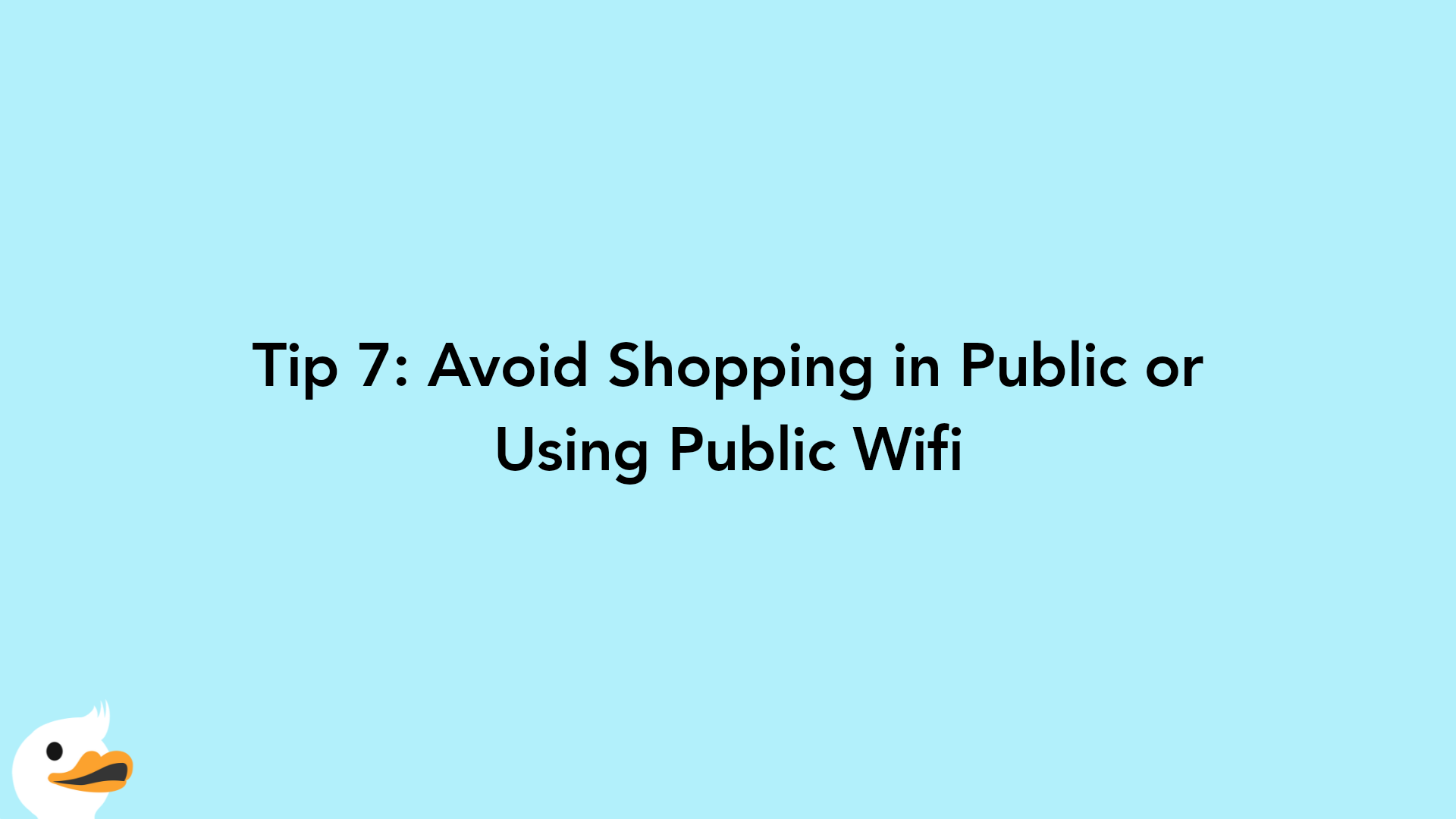
Public computers are great for browsing the Internet but dangerous if you need to input any personal information, such as your account login, password, or credit card. These computers may have a key logger software that captures all your keystrokes. Thieves are monitoring what you view and what you type.
On the other hand, even if you have your own computer, avoid using public Wifi. Criminals set up a free-wifi zone that appears like an official Wifi hotspot, such as “Changi Airport WiFi.” The name usually matches the place. Once you connect, the thieves can hack into your device and access your accounts and any information that has been previously stored.
Tip 8: Request a Copy of Your Credit Report
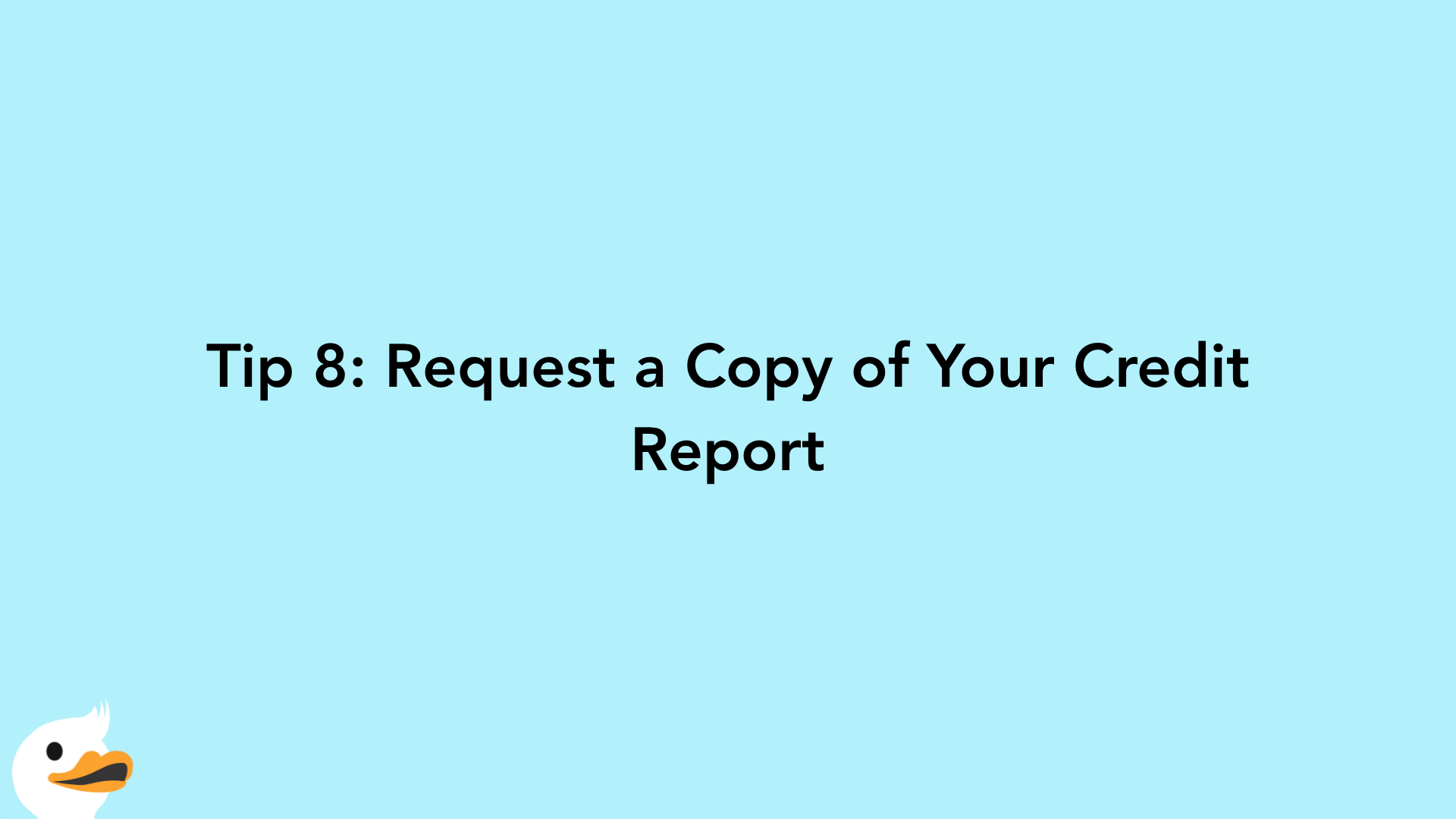
If a thief has your personal information, he can open new accounts and lines of credit in your name. He has gained access to the spending power of your credit and it may take some time until you get the bill or even know of it. By requesting a copy of your credit report, you will be able to see any new accounts that you don’t recognize. Contact each creditor directly and make them aware that you did not open this line of credit. The faster you clear it up, the faster your credit score can recover.
Tip 9: Consider an RFID Blocking Wallet
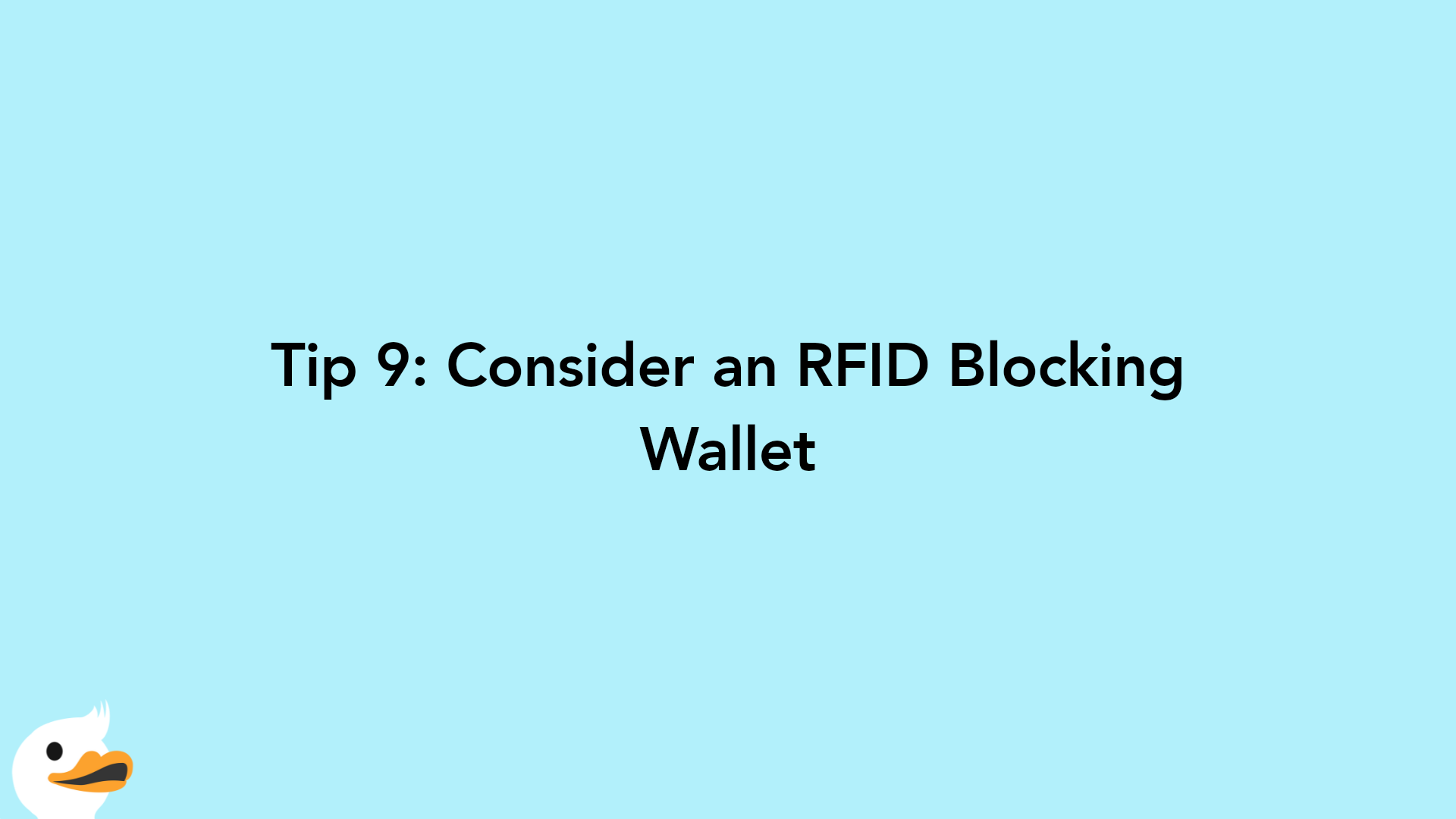
RFID uses Radio Frequency waves for an Identity Verification process. Thieves use unsecured RFID readers to read your credit card information from as far as a few feet away. This is known as “digital skimming” or “digital pickpocketing.” These RFID blocking wallets block the radio frequency signals from these devices. Though these wallets are in the primary development stages, it adds an extra level of protection.
What To Do If You’re A Victim
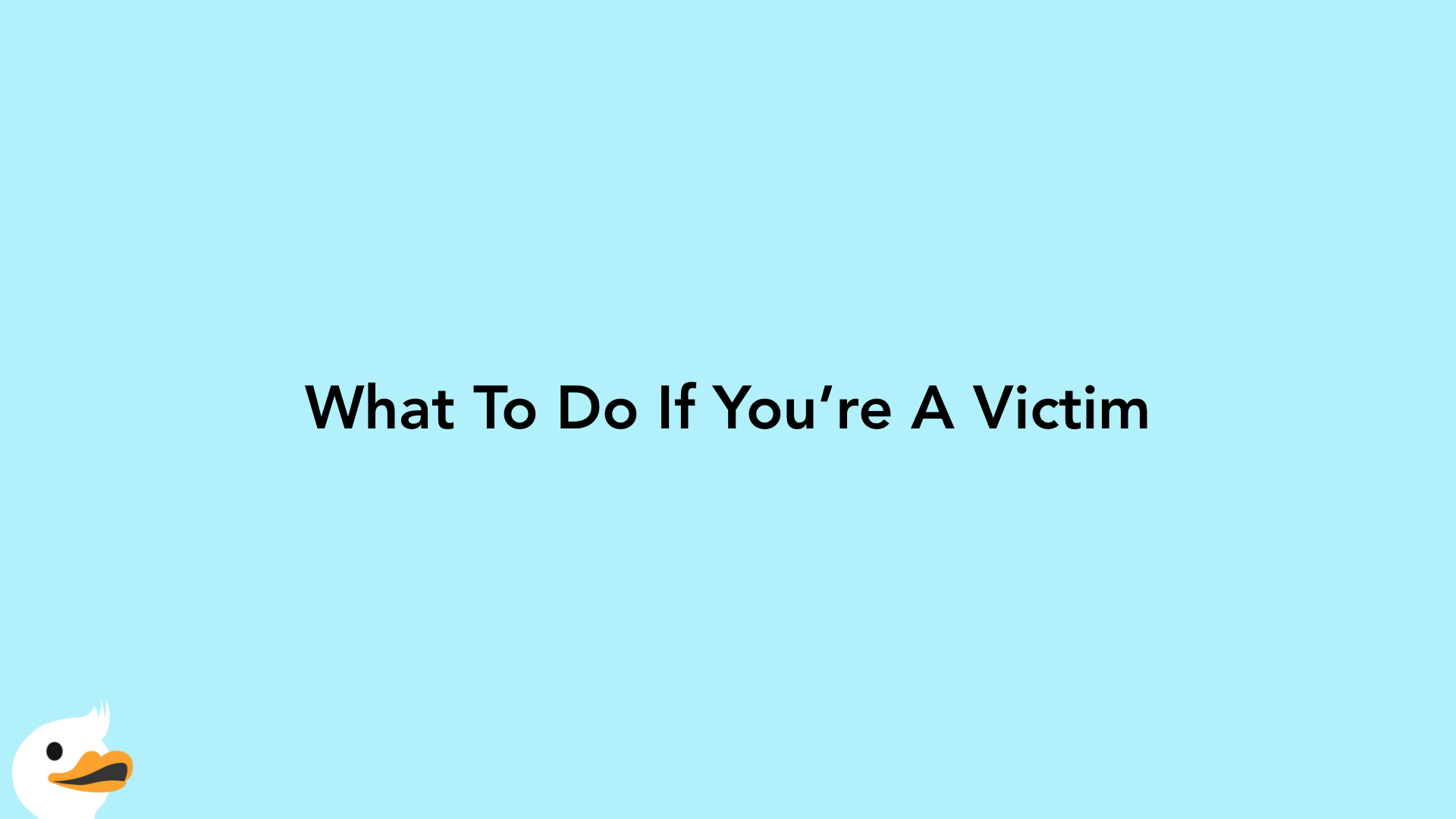
If you ever misplace your card, immediately call your bank and have them suspend it. Many people will go home first and check around the house. However, time is critical. The sooner you call, the higher the chances that you can prevent fraudulent charges, thereby saving yourself an investigation. Another good practice is to write down your credit card companies’ customer service number, so if your credit card goes missing, you know exactly who to call. Moreover, you may even consider reporting the theft by filing a police report. Identity theft and credit card fraud are cyber crimes.
Final Thoughts

It is impossible to completely eliminate the chance of credit card fraud. However, you can make it more difficult for thieves to target you. Having a credit card is very convenient but also comes with risks. The faster you act, the less likely you will be adversely affected.

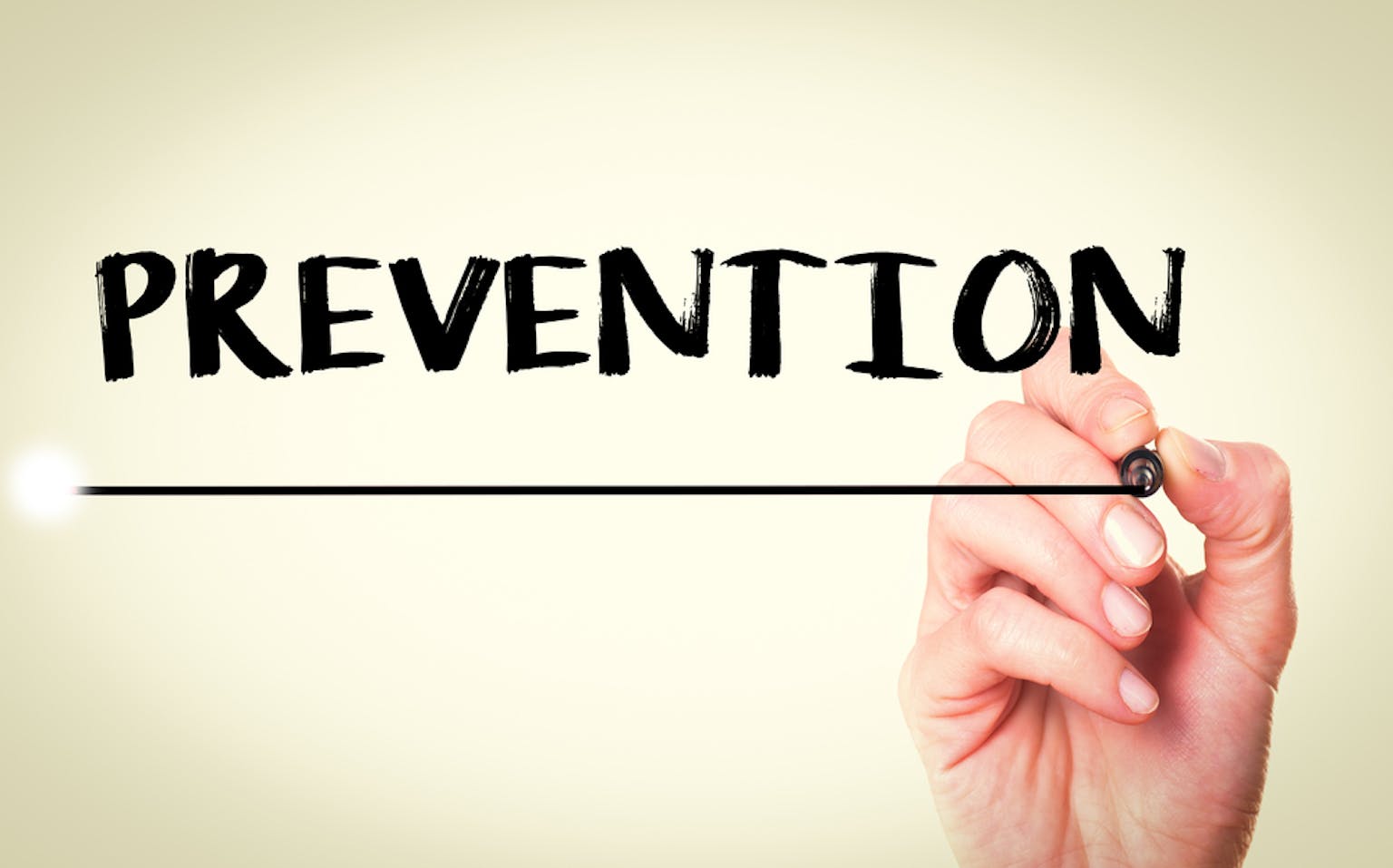

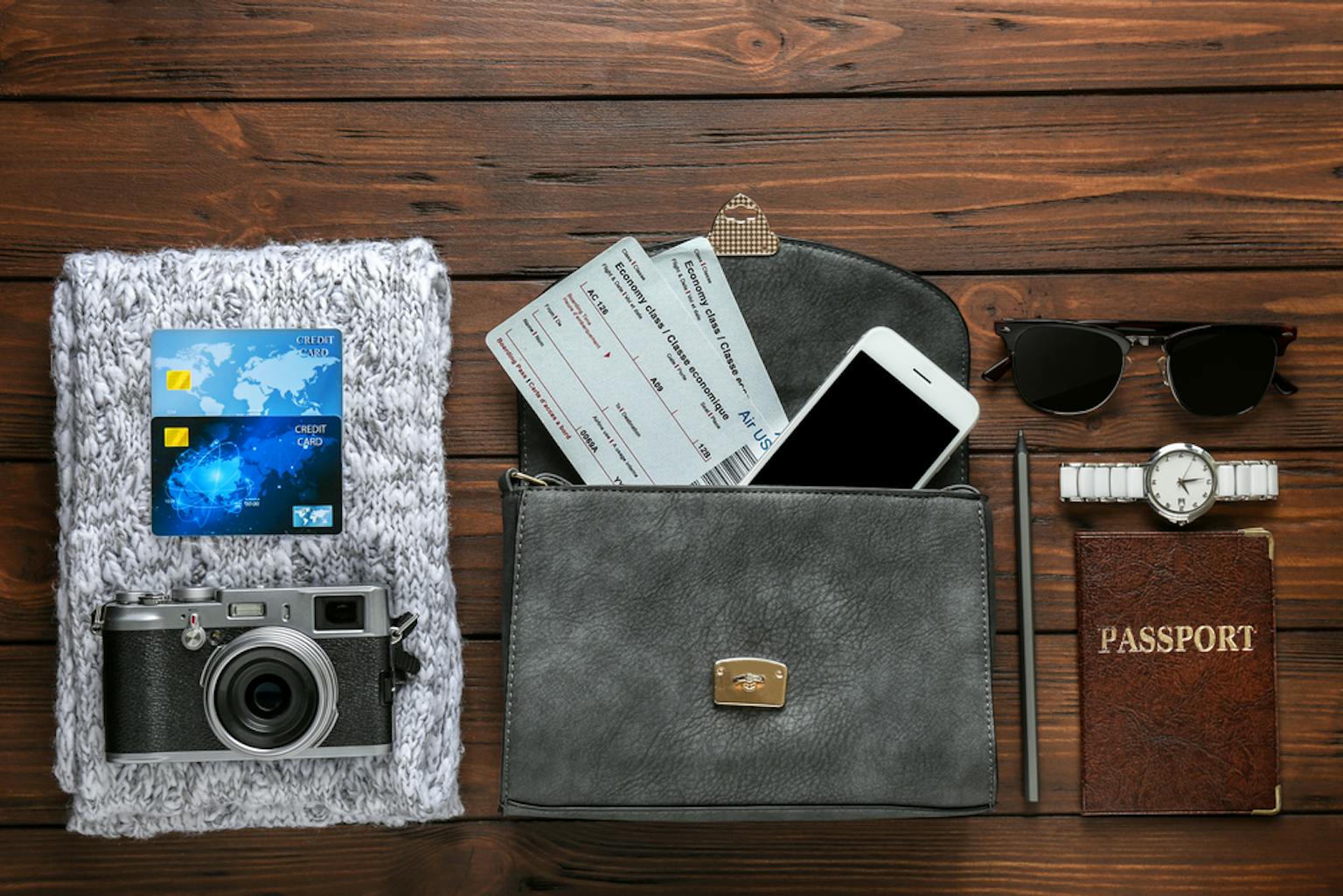
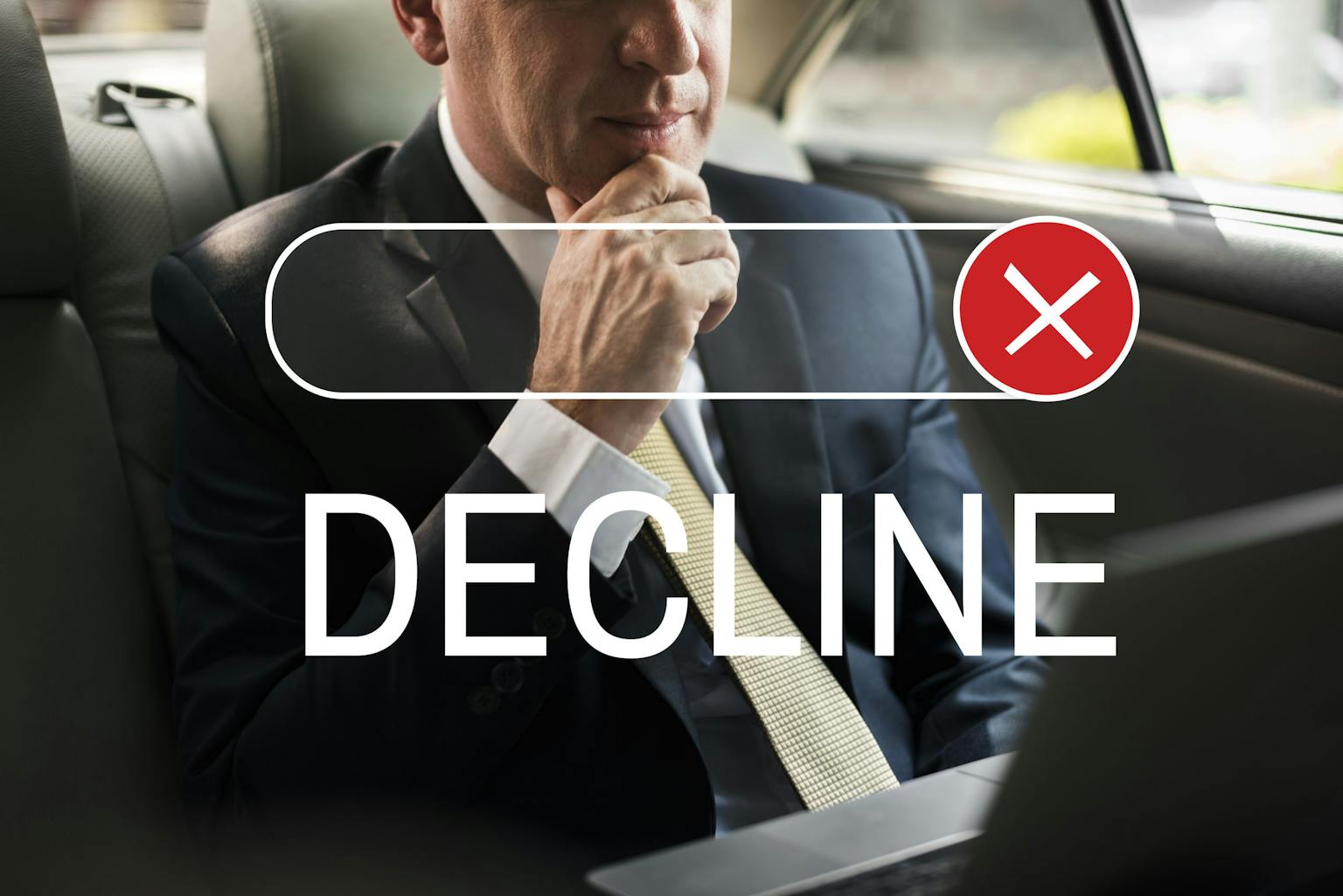


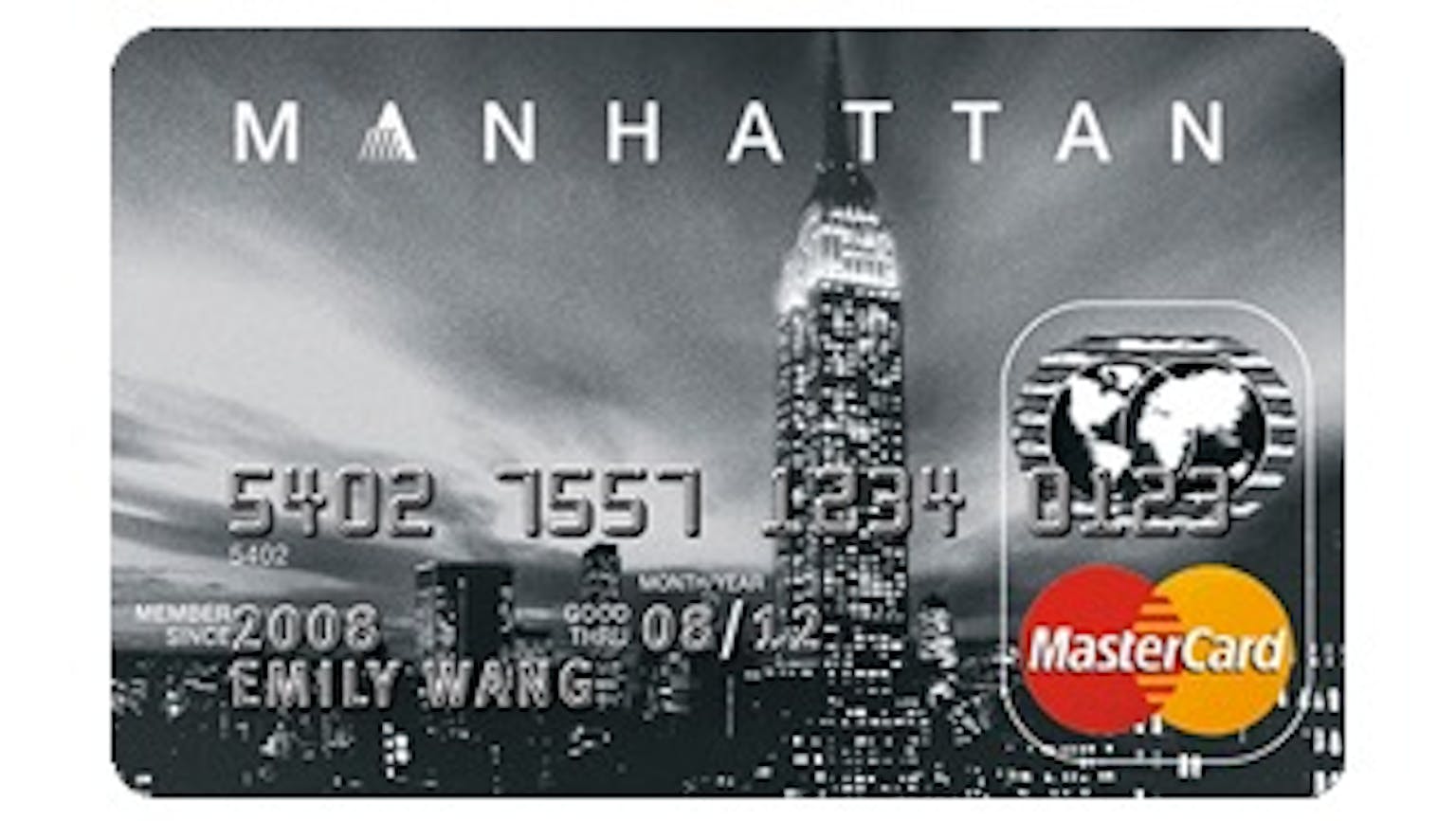

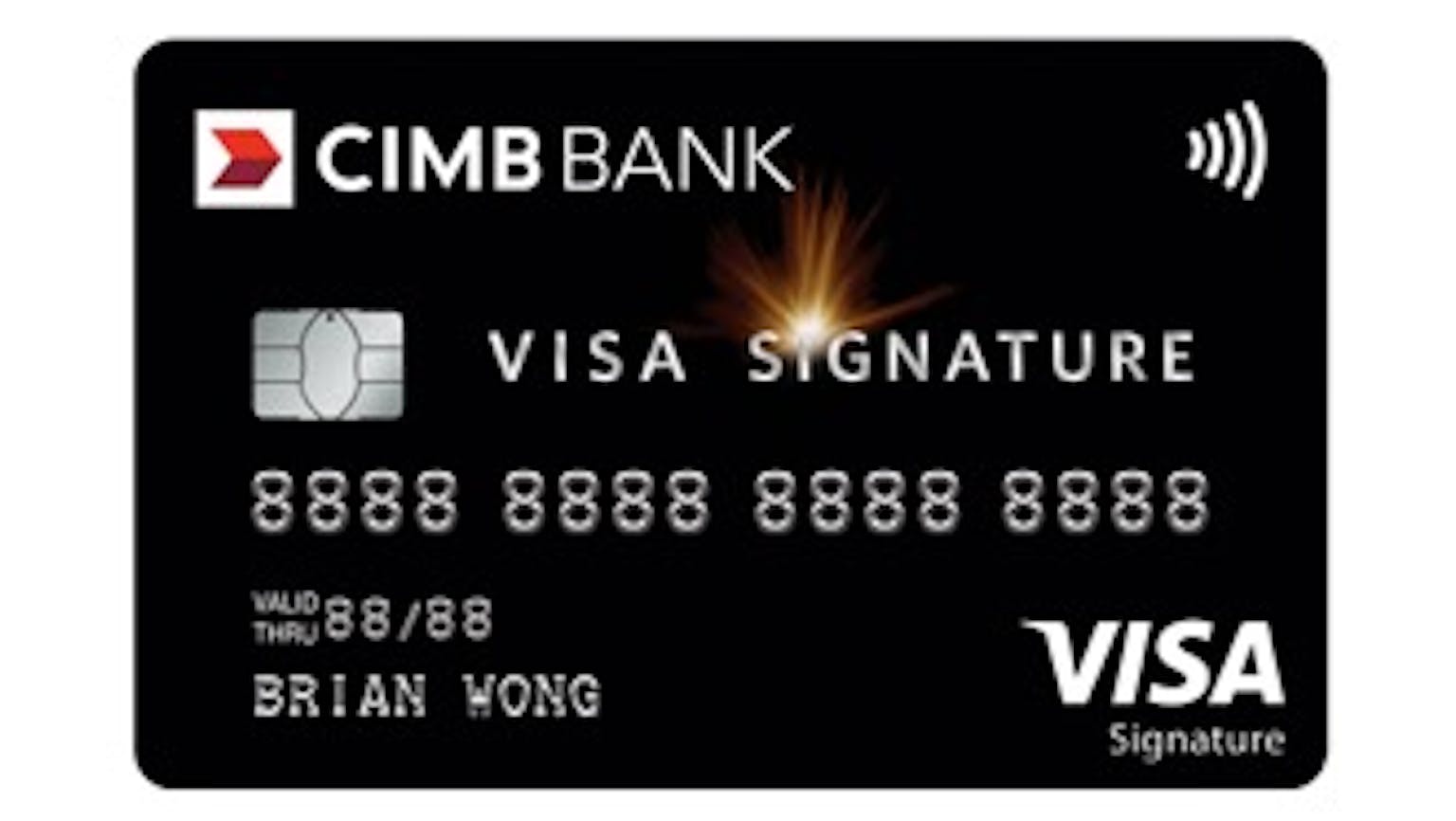
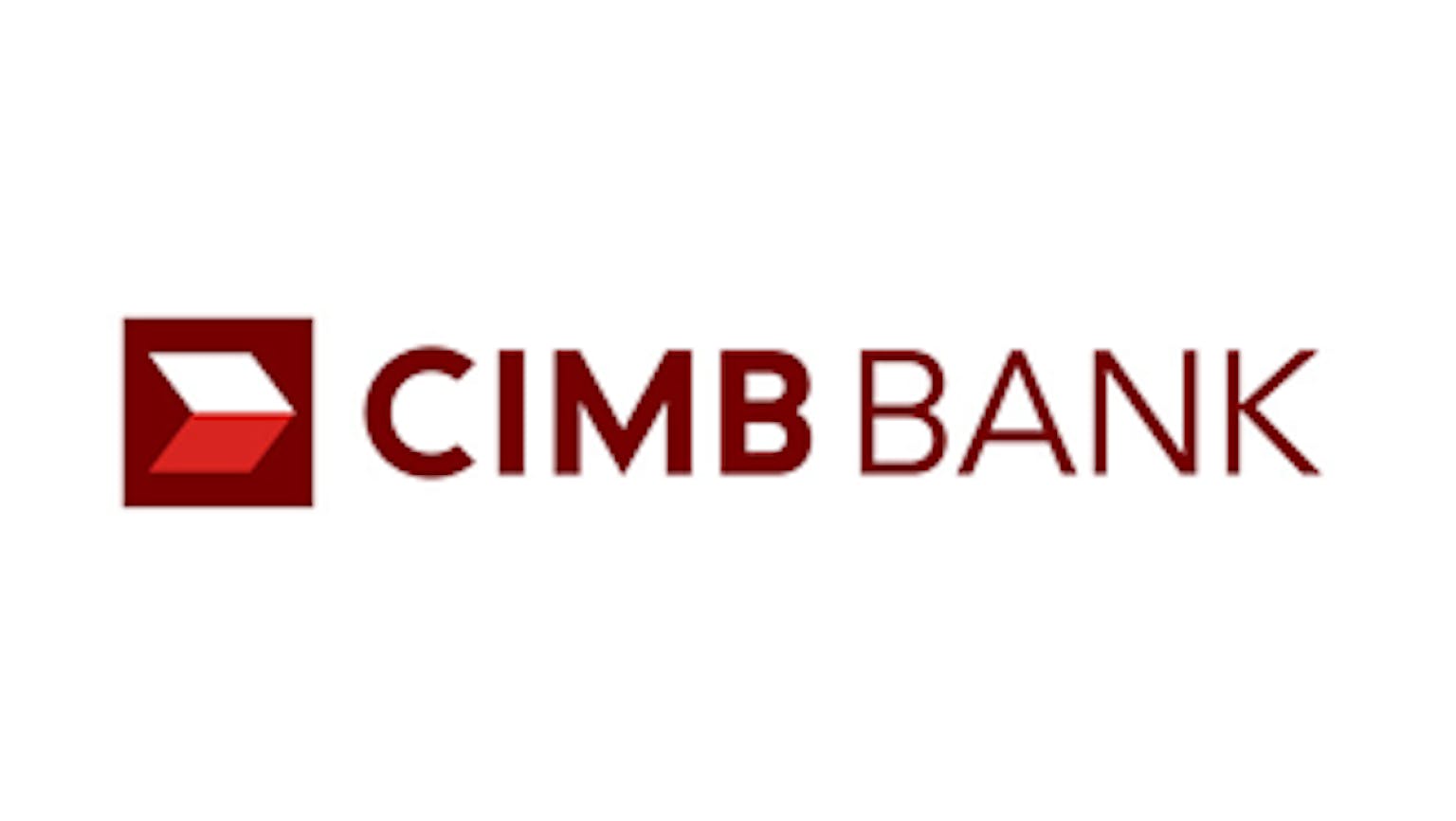
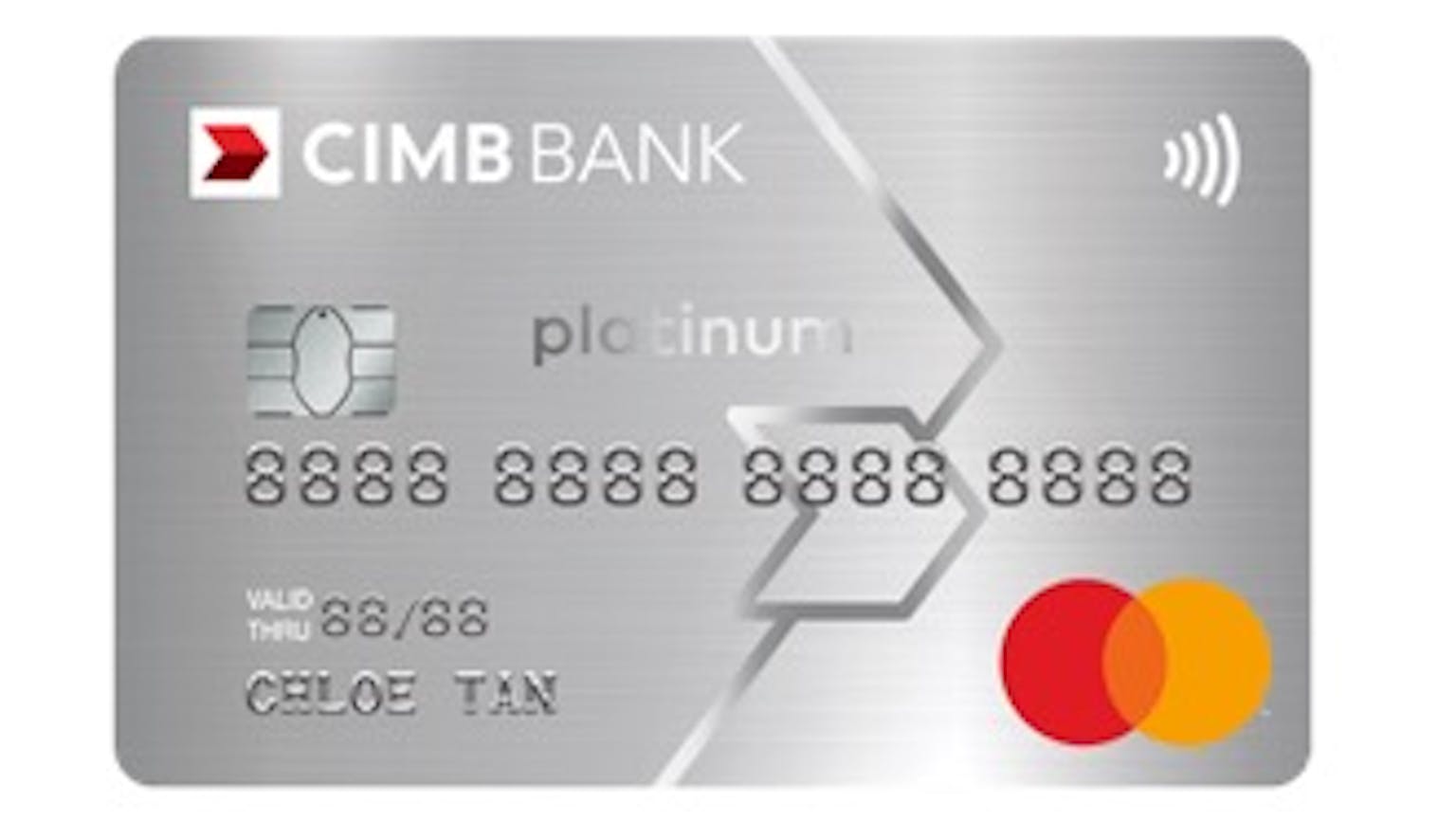
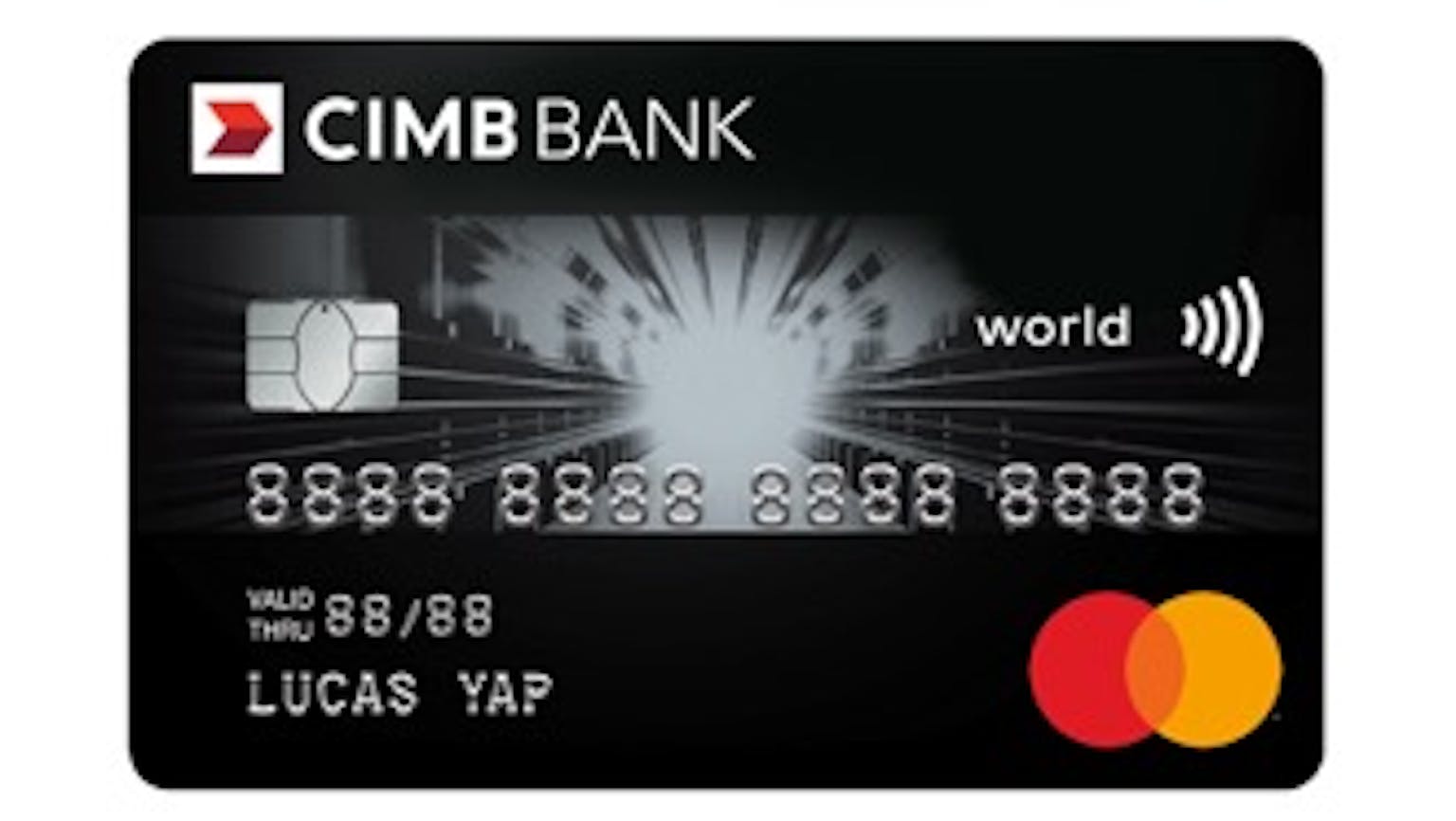
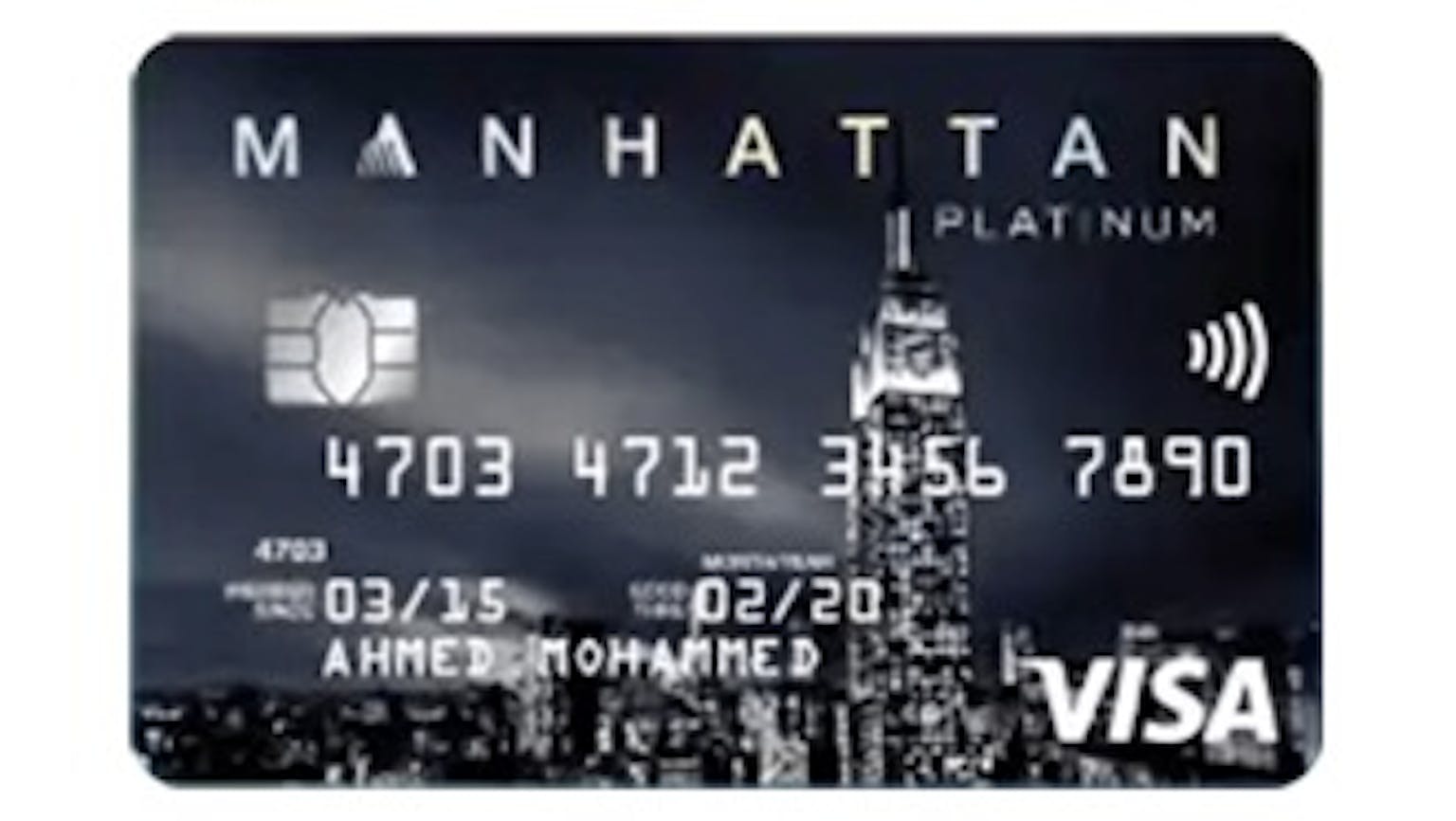
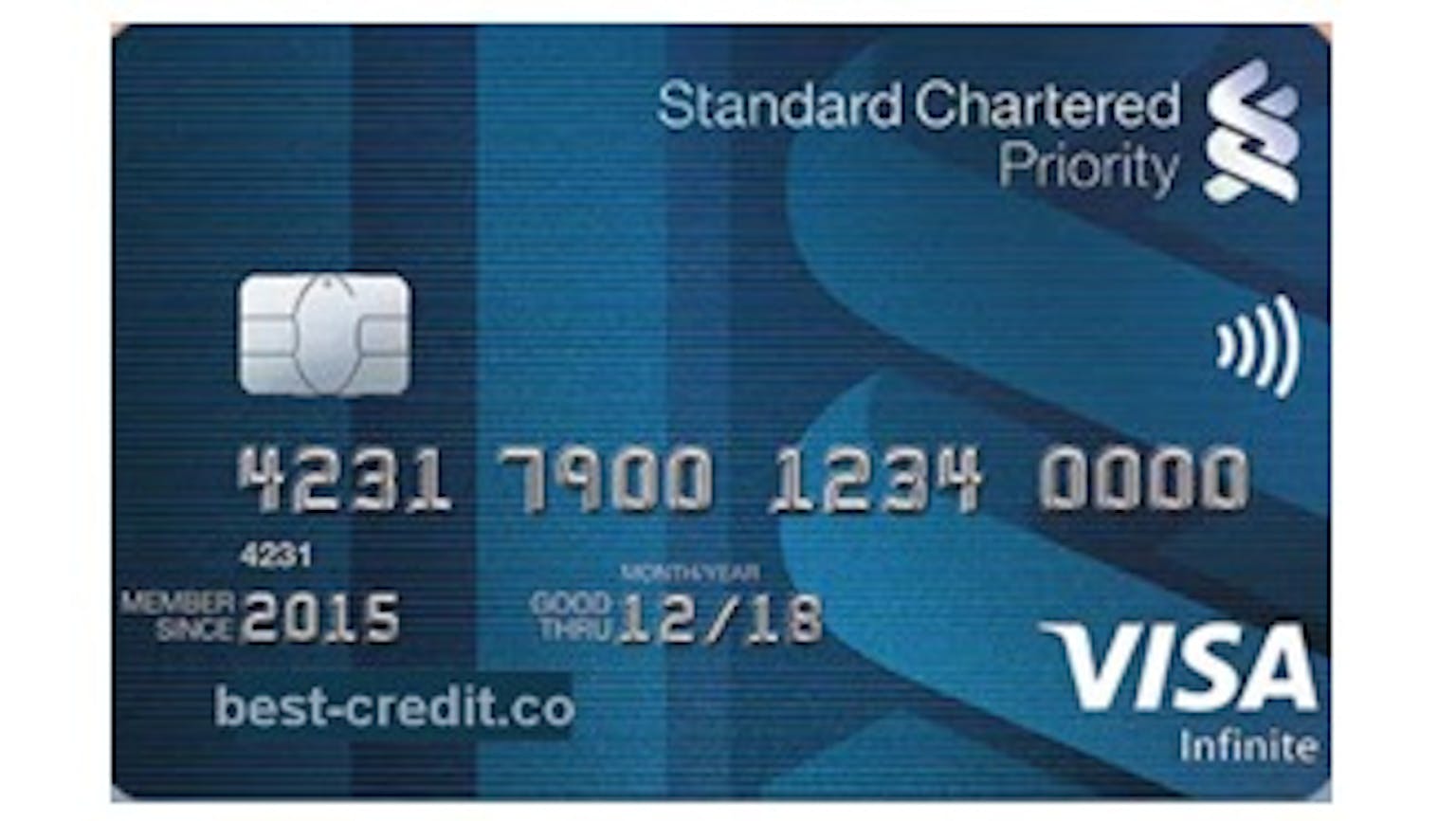

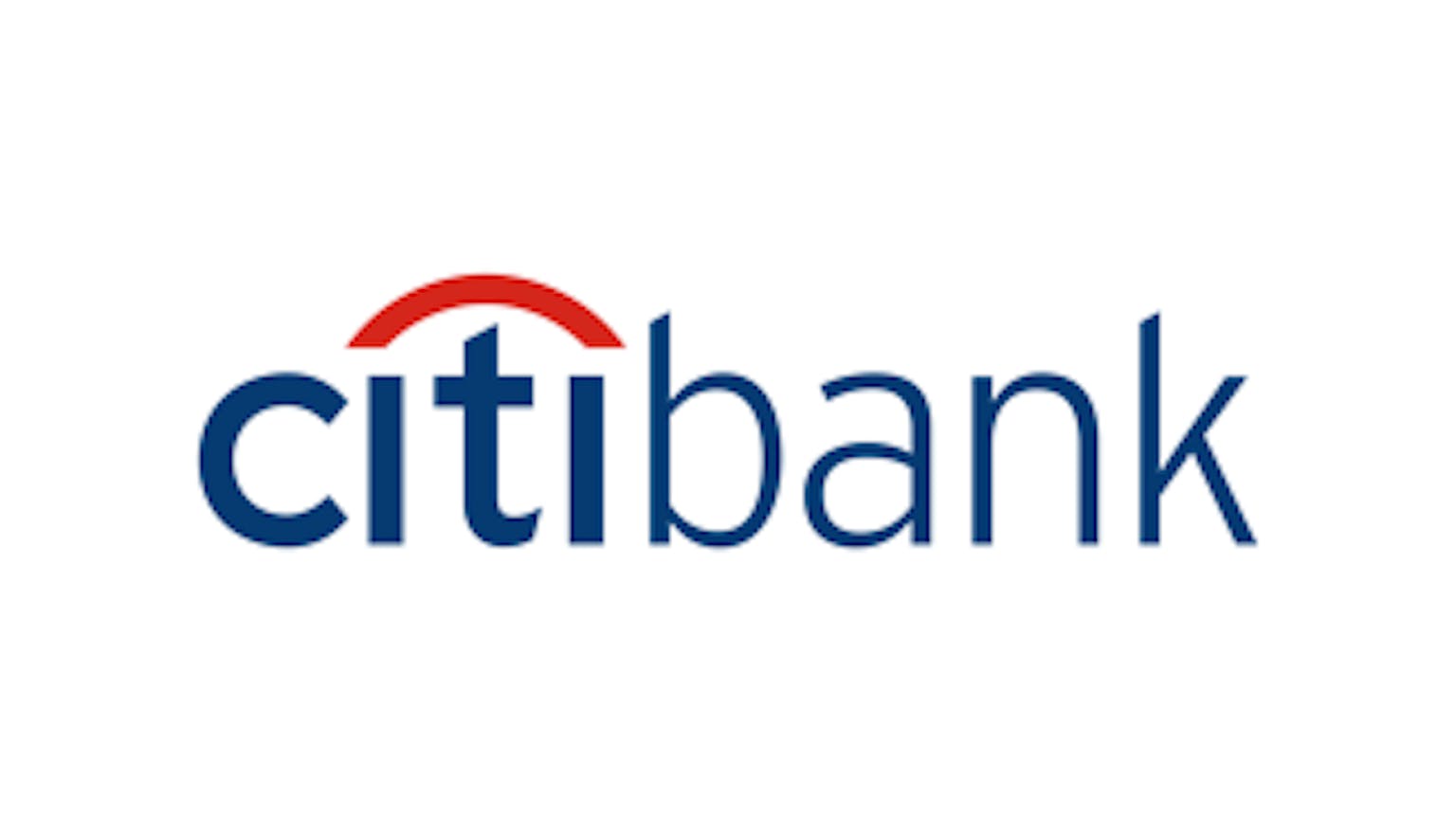
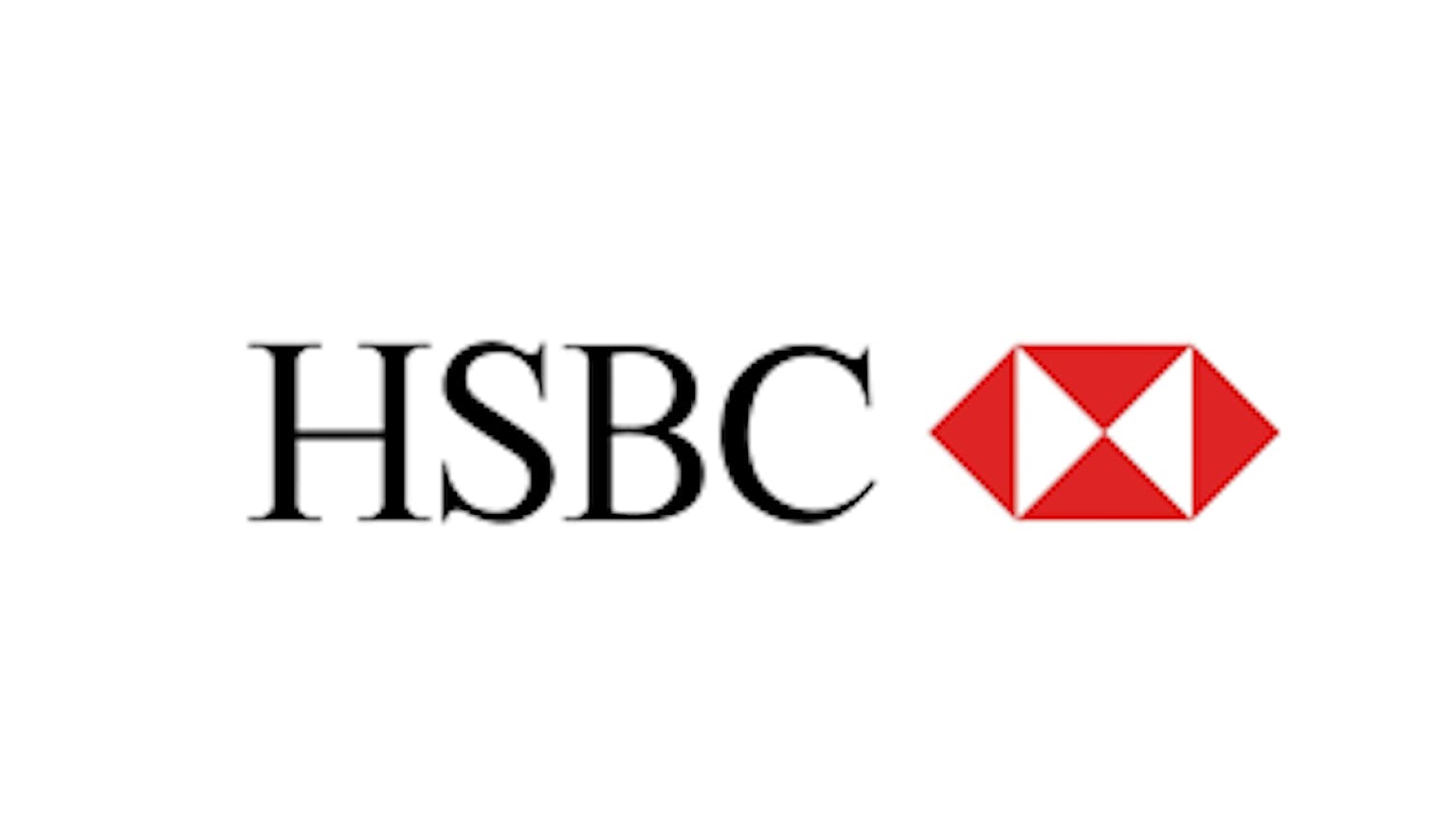
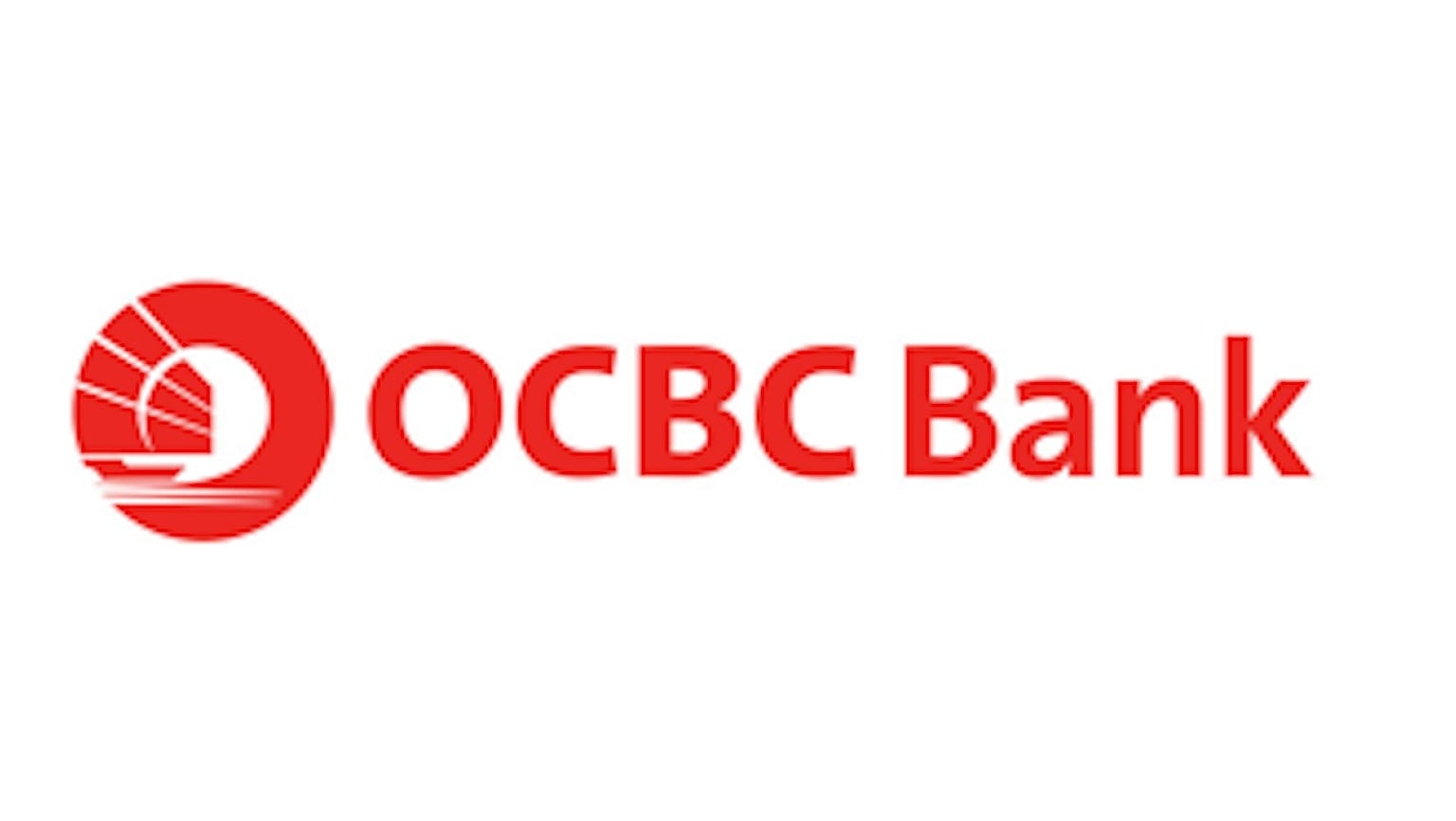


Please leave your knowledge and opinion!